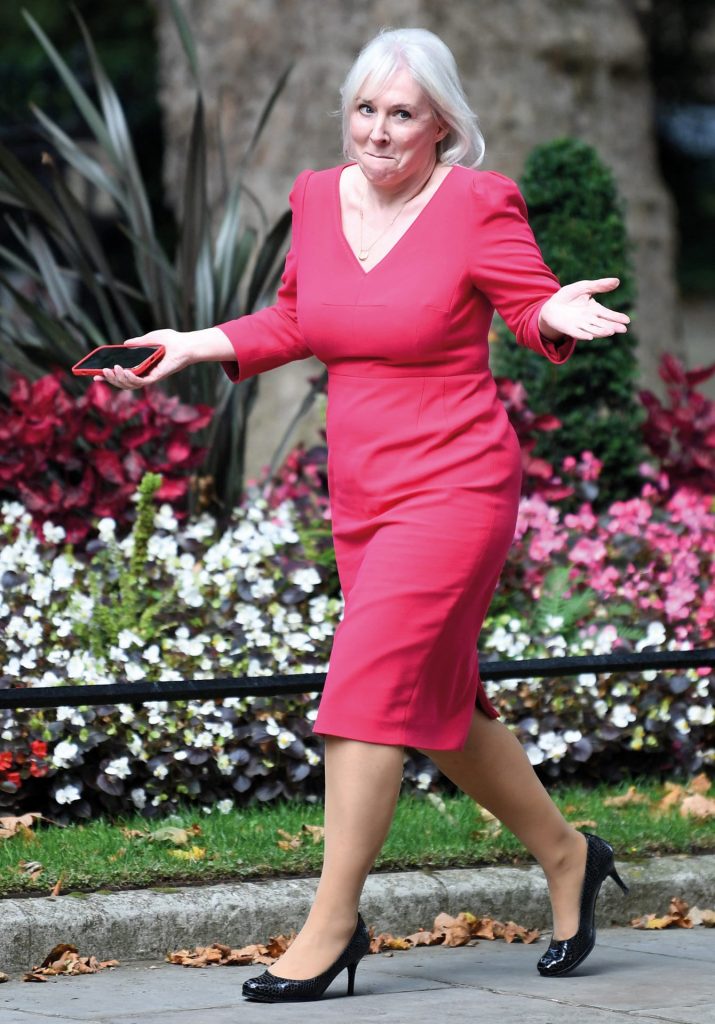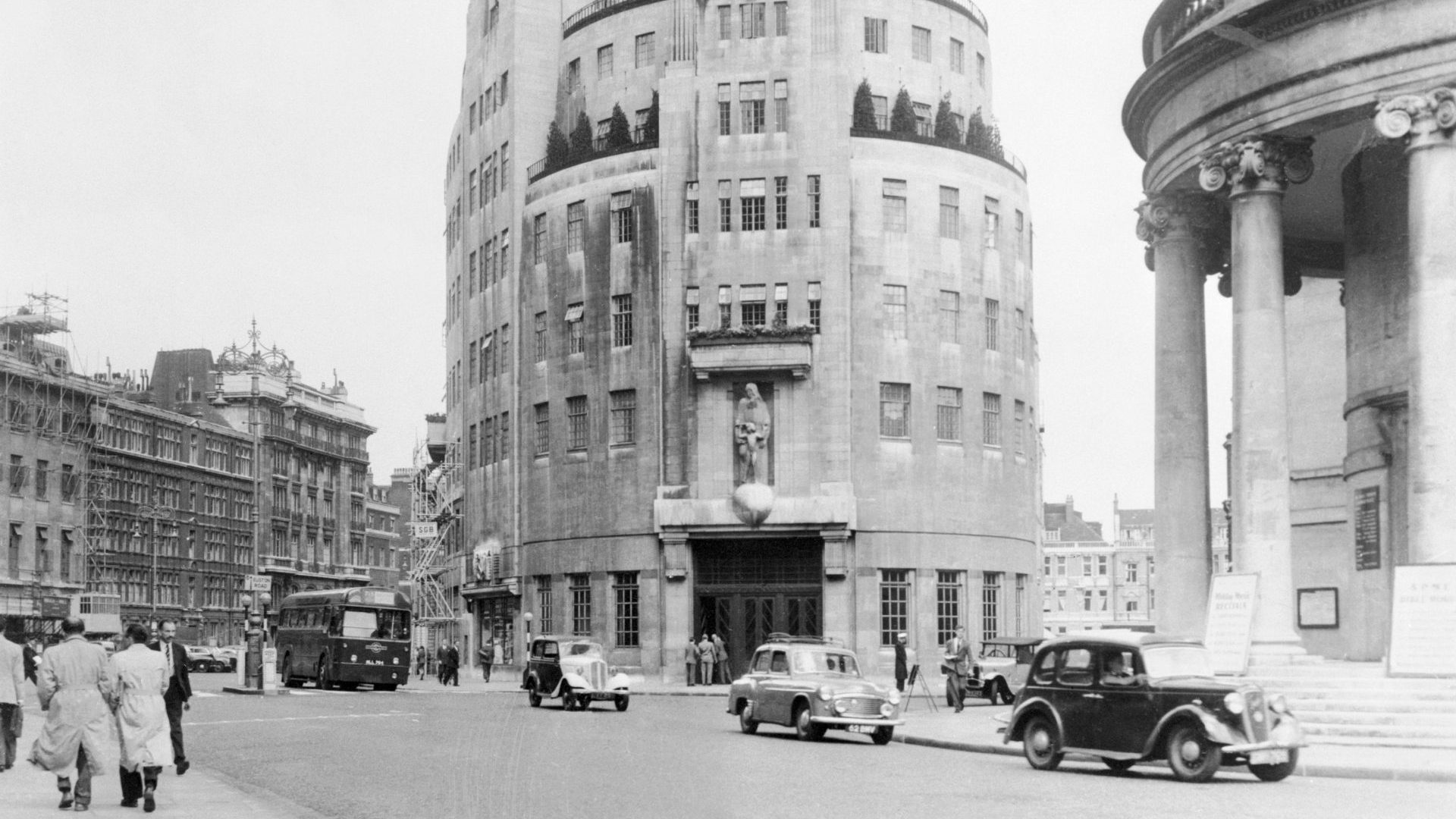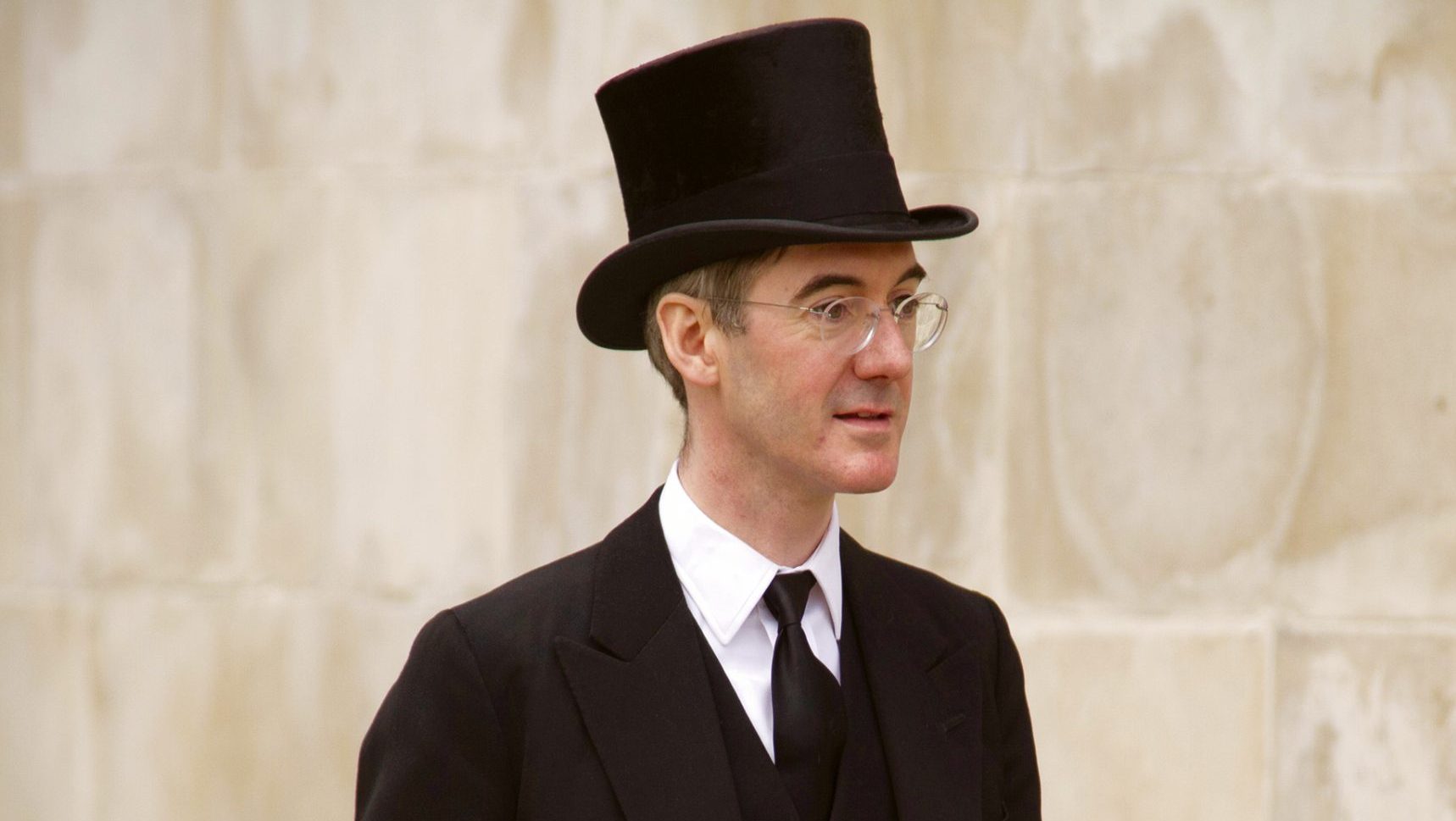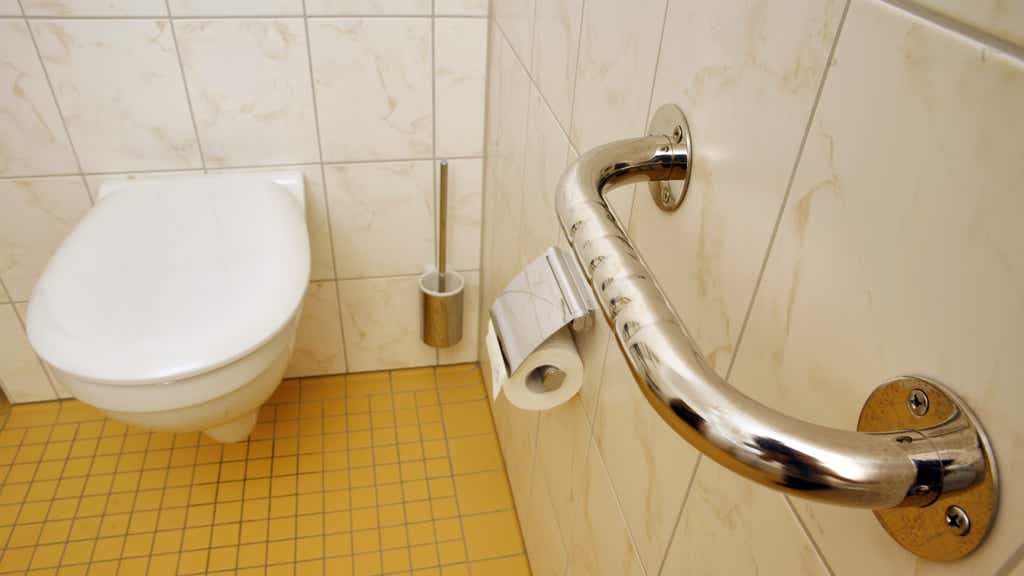The BBC of old is over. At the very top of the organisation, they are preparing
for major changes to the way it is funded and the way it operates. Indeed, it has already begun.
The flailing around by the desperate Johnson regime is little more than
a distraction. What matters is technology and viewing habits.
The two political camps are entrenched. In one corner, the Beeb-bashing ideologues in the Conservative Party and right wing newspapers insist that only a dismembering of the corporation will do. In the other, its staunch defenders argue that the licence fee must be preserved at all costs.
Unbeknown to both, plans are afoot that will end see the BBC become more
of a hybrid – part state-backed, part market-driven. Even now, just under a third of the £5 billion annual income is self-generated, from UK TV, BBC Studios and advertising on BBC World.
A number of senior executives have commercial backgrounds, not least director general Tim Davie and the new chairman Richard Sharp, ex-Goldman Sachs. A year ago, largely out of the headlines, they recruited a chief operating officer, Leigh Tavaziva, from Centrica.
Once the politicians have piped down and put their red meat back into the freezer, the BBC plans to present proposals of its own, putting them out to public consultation. It has four years of an inflation-linked licence fee followed by two more of freeze, all of which will lead to more budget cuts. What matters is what happens after that.
The government may have jumped the gun, Davie has told colleagues, but the “market is going to get us in the end”. All models are up for grabs.
The licence fee was introduced in 1946, at a time when the Corporation was the UK’s only broadcaster. It was the era of Attlee, the founding of the National Health Service, a time when the state was at the heart of building a new post-war Britain.
Now, with broadcasting overrun with satellite channels and streaming services, more questions are being raised than ever. And as with the NHS, the questions are a mix of the legitimate and destructive, ideological and practical.
A recap: the annual licence fee cost £159 per household. The tax raised a total of £3.5 billion, according to the latest accounts. Around £120 million is spent on collecting the money, including prosecutions, 3.5% of the monies raised.
In February 2020, the government launched a consultation on the decriminalisation of the fee; an approach which, if adopted, would decimate revenues. At the same time ministers were pushing hard for one of the most prominent cheerleaders of non-payment, and former Telegraph editor, (Lord) Charles Moore, to become the BBC chair – just as they were doing all they could to install the former editor of the Mail, Lord (Paul) Dacre to chair the regulator, Ofcom. These threats all seem to have gone away, but that is to think only in the short term.
The British public service broadcasting model is common to much of Western Europe, and a smattering of other countries too. France has several state-funded TV stations, but that does not preclude advertising on certain channels and programmes, which accounts for just under 10% of revenues.
In 1954 German public television was given the responsibility to “entertain, inform and enlighten”. When I first lived in Germany in the 1980s, I was struck by how old-fashioned many programmes, including news bulletins, were. Nearly 40 years on, most of the formats and schedules are largely unchanged. The Rundfunkbeitrag or ‘broadcast contribution’ is around 25% higher than the licence fee, with far fewer products and a digital service far
inferior to the iPlayer or BBC Sounds.

Across Europe, similar demographic shifts are taking place. Linear television – watching at the time broadcasters originally transmit the programme – is dropping all the time, but not at the rate once predicted. The various lockdowns appear to have slowed down that trend, but maybe not for long.
European politicians look to the US with horror and see the broadcasting landscape (Fox et al) as being one of the key drivers of fractured societies. Europe is not immune. France’s CNews has almost single-handedly promoted the far-right polemicist and self-styled intellectual, Eric Zemmour, to a serious presidential candidate.
The CEO of France Télévisions and current chair of the European Broadcasting Union, Delphine Ernotte-Cunci, denounced what she called “the emergence in Europe of news channels ‘in name only’.”
She declared, if somewhat grandly, in a speech earlier this month: “By staking their future on frenzied debates and reneging on their duty to inform, they dishonour the founding values that underpin high-quality, reliable news – namely plurality of opinion, a sense of perspective and the
exchanging of viewpoints.”
Davie regards what he calls “universality” as at the heart of the BBC’s pitch to continue with some form of state funding. Does the BBC speak for the whole
nation? The debate has raged for decades, manifesting itself through Thatcherism, the Iraq War, Brexit and now “woke”.
The issue is far less around left-wing bias (far more presenters and senior figures have come from and gone to the Conservatives than to Labour), more around metropolitanism. The Beeb has bent over backwards not to antagonise governments, initiating endless impartiality and standards reviews.
The more it is condemned, the more it self-flagellates. In a recent parliamentary appearance, David Jordan, the long-standing director of editorial policy and standards, suggested that “very occasionally, it might be appropriate to interview a flat-earther and if a lot of people believed in a flat Earth, [then] we would need to address it more than we do at the present time”.
For as long as Boris Johnson is around in Downing Street, partying or otherwise, the heat will be turned to maximum. A Conservative successor is unlikely to sue for peace with the BBC, but might be a more sensible combatant, installing someone other than Nadine Dorries to take charge of the negotiations.
Yet none of this changes the fundamentals. The current Royal Charter period runs out at the end of 2027.
Technology is leading habits, rather than the other way around. D2C (direct
to consumer) apps continue to grow, particularly among the under-40s. While Amazon and Netflix continue to splash the cash, the launch of Disney+ was highly successful. The marketplace will become more fractured, but also more profitable not just for US giants but for British and European production companies too.
Yet while budgets are high, there is reason to worry about the breadth of content. The former BBC Director General and CEO of the New York Times, Mark Thompson, recently warned: “Someone looking at the UK from outside could be forgiven for thinking that everything happens either in Buckingham Place or Hogwarts. Who’s going to tell the stories of the people who actually live in the UK?”
Would the end of the licence fee spell the end of the BBC as we know it? The answer is: it depends. The intervention of the veteran broadcaster David Dimbleby last week was significant.
He described the current tax as “highly regressive”, calling instead for the richest to pay more, the poorest less, suggesting the money could be
raised as addendum to the Council Tax. Arguments such as this are gaining favour.
The BBC is already a hybrid, part commercial, largely subsidised. There are potentially several hybrid forms of funding it – including a mix of a smaller universal levy (perhaps based on wealth), to pay for news, current affairs, for drama, natural history and much of radio, and a subscription levy for entertainment services, popular music and sport. Work on these options has already started, whoever is the incumbent in Number 10.




